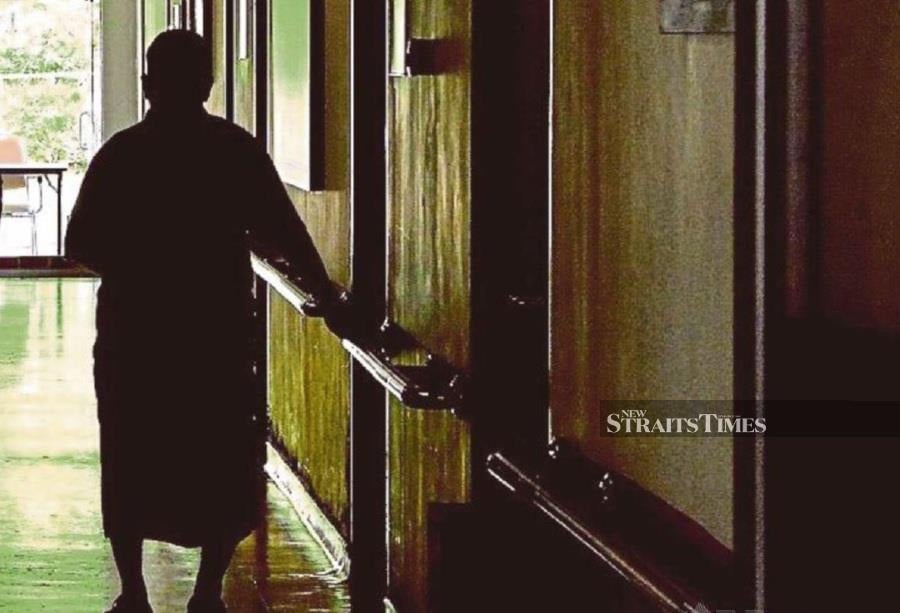FOR battle-hardened senior citizens struggling in their twilight years, it's getting harder and complicated to gracefully complete their tenure on this planet.
If they aren't up to the neck with medical problems, they may be ill-treated by their inconsiderate children for being an "inconvenience".
While there are still plenty of filial children who responsibly care for their ageing parents, some don't: if they haven't dumped their parents to a daycare facility, they are probably in the process of bleeding their life savings dry.
Like this recent heartbreaking report by the Credit Counselling and Debt Management Agency (AKPK), which cited the case of a senior citizen being "emotionally blackmailed" by his callous son to pay for the latter's house to, literally, the point of no return.
The old man was first squeezed into penury, then woefully neglected. The report said this was a form of financial abuse, where elderly victims — 57 per cent of them — preferred to suffer in silence.
AKPK has reported that one out of 10 elderly persons is at risk of financial abuse. It's one thing to be taken in by online scammers, but it's another if the predators turn out to be family, friends or neighbours.
In the short term, the AKPK suggested for the relevant authorities to apply legislation to protect the elderly from financial abuse and neglect.
If this is clearly insufficient, then there is no choice but to try to reward filial piety.
If finances are the issue, the government can provide a generous tax relief, other than what is provided for the cost of medical treatment, so that children can maintain their parents' upkeep in the form of "soul providers, contentment and tranquillity".
More tax relief may also be dispensed if the parents are cared for under the same roof.
As a further incentive, a filial piety campaign may be carried out to reward families with the dedication and commitment in caring for incapacitated parents.
Prizes could include paid-for vacations for the extended families, multi-purpose vehicles for everyone to travel together, or even a house where senior folks can be cared for in comfort.
However, before offering these incentives, we must ask ourselves if we really need motivation or even rely on the authorities to provide a safe and secure haven for the elderly, which is supposed to be our responsibility.
These incentives are superfluous to the already dedicated army of children, especially the conscientious ones who embrace their parents, no matter what the cost to their finances, careers and lifestyles.
To them, the time spent together with their parents is precious, and no amount of hardship can sever that everlasting bond. Ask the orphans: they'll tell you how much they miss their dearly-departed progenitors, and how they wished they could make things different.
We hope the postcard-perfect pictures of grandparents happily cradling their grandchildren will survive this social turbulence, but they too may soon disappear.





